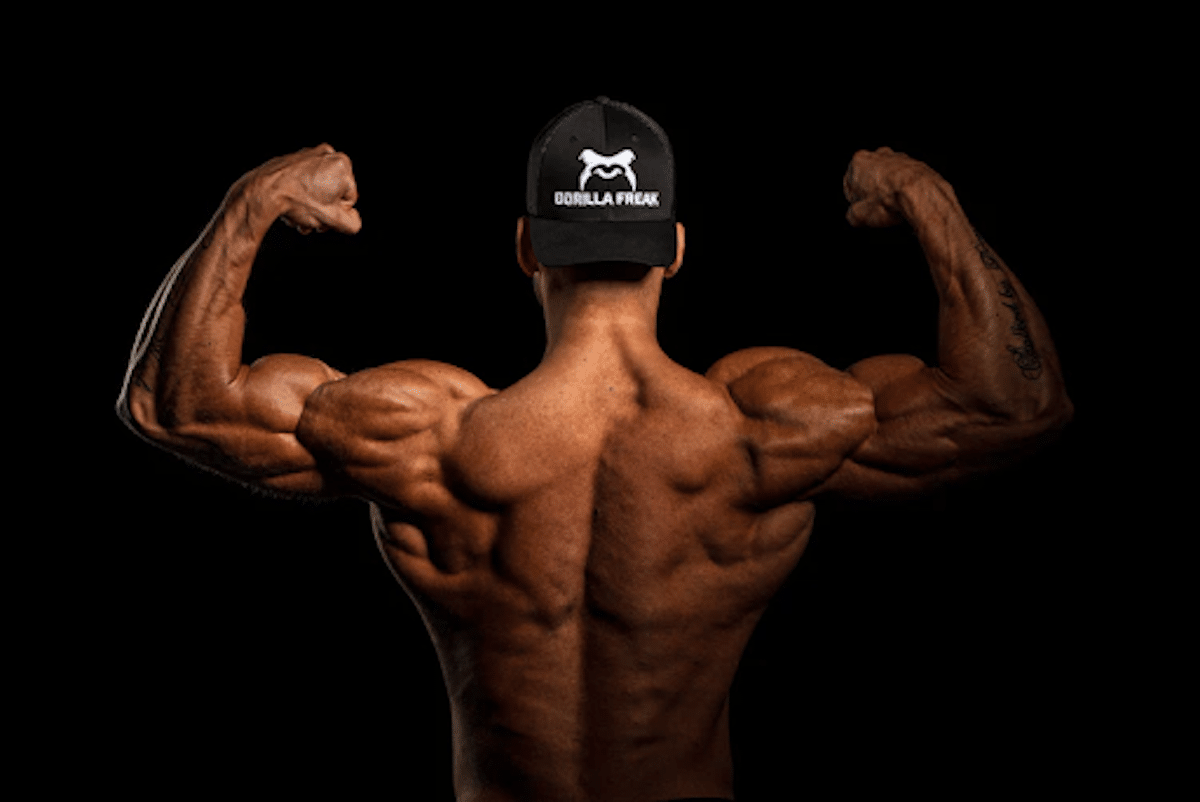Table of Contents
If you’re a bodybuilder or are thinking of getting into strength training and weightlifting, you may have heard people talking about the substance creatine. But what exactly is it and why is it important for bodybuilding? Let’s take a look.
What is creatine?
Bodybuilding is all about building up those muscles. Creatine is found naturally in your muscle cells. When you lift heavy weights or perform high-intensity exercises, creatine helps your muscles to produce the energy needed. The substance can be produced from the amino acid arginine and glycine, which your body naturally produces. But several factors affect your body’s creatine stores, such as your level of hormones, the amount of exercise you do, and your diet. Creatine also alters several cellular processes in your body that lead to increased strength, muscle mass, and recovery. So, it’s no wonder that bodybuilders often use a creatine supplement.
Creatine Supplements
Taking creatine as a supplement is very popular among bodybuilders and athletes to gain muscle and enhance strength. When you take a creatine HMB supplement, you increase your body’s creatine storage in the form of phosphocreatine in your muscles. Phosphocreatine helps your body to produce more of a high-energy molecule known as ATP. When your body contains more ATP, you can perform better when lifting weights and performing other exercises. If you’re looking for the creatine HMB supplements to support your muscle gain and strength goals, consider trying a best creatine monohydrate supplements to maximize your workout performance and results.
The Creatine Supplements’ Effects on Muscle Gain
Creatine helps with both short-term and long-term muscle growth. In a study published by the National Library of Medicine in 2003, over a period of fourteen weeks, older adults added creatine to their weight training programs and discovered it significantly enhanced their muscle mass and leg strength. In another study, from 1999, weightlifters found creatine increased their fiber growth two to three times more than training alone, over a period of twelve weeks. And another study from the National Library of Medicine, published in 2003, which reviewed the most popular supplements found creatine was single-handedly the most beneficial supplement available for adding muscle mass. So, whether you’re a professional bodybuilder or an untrained individual, adding a creatine supplement to your fitness schedule can significantly increase your muscle mass.
Creatine also helps you gain muscle in other ways. For instance, creatine:
- Improves cell signaling, which helps with muscle repair and growth.
- Increases cell hydration, which means the water content in your muscles is lifted. Increased cell hydration causes a cell volumizing effect that plays a role in muscle growth.
- Increases muscle mass by reducing protein breakdown.
- Lowers myostatin levels, which would otherwise slow or completely inhibit new muscle growth.
The Creatine Supplements’ Effects on Strength and Performance
Creatine isn’t only good for gaining muscle. The supplement can also improve your strength and performance for high-intensity workouts. One study found adding a creatine supplement to a training program helped increase strength by 8% and weightlifting performance by 14%. As for one-rep bench presses, the study found it increased by a whopping 43% in comparison to training alone.
Other Benefits of Creatine
Even if you’re not bodybuilding, creatine can be very beneficial in a number of other ways besides enhancing your muscle gain, strength, and performance. Although more studies are needed, it’s thought that creatine can help protect against a number of neurological conditions. A creatine supplement could potentially help with things like Alzheimer’s disease, epilepsy, Parkinson’s disease, Huntington’s disease, Motor neuron diseases, and brain or spinal cord injuries. It’s also believed that creatine helps brain functions, including memory, in older adults. Creatine has other benefits on your body, too. Research indicates creatine lowers blood sugar levels, helps to treat non-alcoholic fatty liver disease and improves muscle function in older adults.
Feature Image Source: Unsplash


